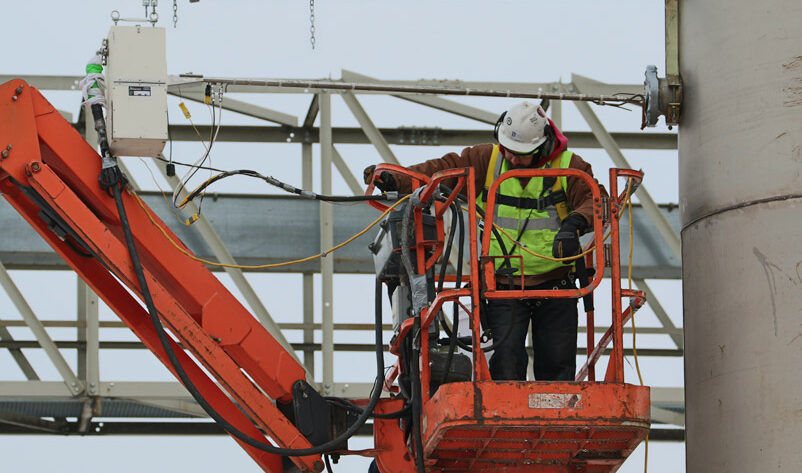Air Pollution Control System Efficiency Testing
Understanding and mitigating air pollution is a critical aspect of modern environmental stewardship. Air pollution control systems are designed to reduce emissions from various industrial processes, including those in the oil and gas sector. In this context, testing these systems for efficiency is paramount to ensure compliance with stringent environmental regulations.
The primary goal of air pollution control system efficiency testing is to evaluate how effectively a given system can capture pollutants before they are released into the atmosphere. This involves analyzing the performance of various components such as filters, scrubbers, and catalytic converters under controlled conditions that simulate real-world operational scenarios.
Our laboratory specializes in providing comprehensive testing services for air pollution control systems across the oil and gas industry. We utilize advanced analytical techniques to assess not only the overall efficiency but also specific parameters like particulate matter reduction rates, nitrogen oxides (NOx) levels, sulfur dioxide (SO2), and volatile organic compounds (VOCs).
The process begins with thorough preparation of specimens representing typical emissions from different sources within the oil and gas facilities. Specimens are then introduced into a series of test chambers designed to replicate actual operating conditions. These chambers allow us to simulate varying pressures, temperatures, humidity levels, and flow rates that may affect the performance of the control systems.
Using state-of-the-art instrumentation, we measure key indicators of efficiency including pressure drop across filters, residence time in scrubbers, conversion efficiency for NOx reduction catalysts, and overall gas flow through the system. We also employ spectroscopy techniques to identify trace elements present in the exhaust gases which could indicate incomplete combustion or other issues.
Once testing is complete, we generate detailed reports summarizing our findings along with recommendations for improvement if necessary. Our reports comply with internationally recognized standards such as ISO 14067:2018 and EN 13759-2:2002 ensuring they meet the highest industry benchmarks.
Our services extend beyond mere compliance; we offer valuable insights into best practices for optimizing air pollution control systems. By understanding the root causes of inefficiencies early on, our clients can make informed decisions about maintenance schedules, upgrades, or even entirely new designs.
Applied Standards
- ISO 14067:2018 - This standard provides guidance on the measurement and reporting of greenhouse gas emissions. It ensures consistency in measuring carbon footprints which is crucial when evaluating air pollution control systems.
- EN 13759-2:2002 - Developed specifically for environmental protection, this European standard covers methods for sampling and analyzing gaseous pollutants emitted by fixed facilities. It helps in assessing the effectiveness of installed air pollution control measures.
Industry Applications
In the oil and gas industry, efficient air pollution control systems play a vital role in minimizing environmental impact while maintaining operational efficiency. Our testing services cater to several key areas:
- Compliance Verification: Ensure that your facility meets regulatory requirements set by agencies like EPA or ECHA.
- Performance Optimization: Identify bottlenecks in existing systems and suggest improvements based on empirical data collected during testing.
- New Technology Evaluation: Assess newly developed technologies before deploying them at scale. This helps avoid costly mistakes while ensuring compliance with evolving standards.
- R&D Support: Collaborate closely with R&D teams to develop innovative solutions that enhance environmental performance without compromising productivity.
Quality and Reliability Assurance
To maintain high standards of quality and reliability in our testing processes, we adhere strictly to established protocols and procedures. Here are some measures we implement:
- Trained Personnel: Our staff undergo continuous training to stay updated with the latest developments in air pollution control technology.
- Regular Calibration: All instruments used for testing are regularly calibrated against international standards to ensure accuracy.
- Repeatability Checks: Multiple tests are conducted on each specimen to verify consistency and reliability of results.
- Independent Verification: Results undergo independent verification by third-party auditors to maintain objectivity.





